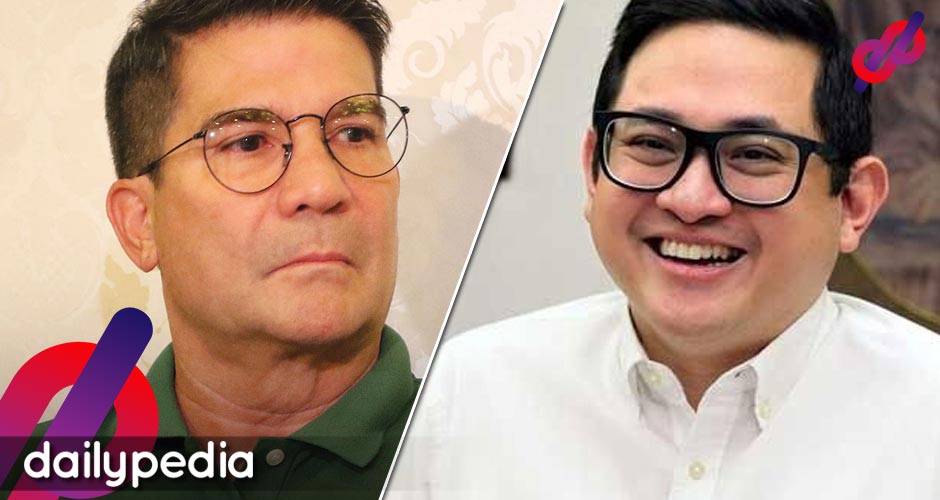Veteran actor Edu Manzano has expressed strong support for Senator Bam Aquino’s proposed Blockchain the Budget Bill, calling it a groundbreaking step toward eliminating corruption in government.

Under Sen. Aquino’s Senate Bill No. 1330, blockchain technology will be utilized to ensure that every peso of public funds allocated in the national budget is fully traceable, transparent, auditable, and accessible to citizens in real time.
“This is huge. We will become the first country in the world to adopt blockchain in the name of transparency if this becomes law,” Edu said on Facebook.
“This may just be the silver bullet we need to eliminate corruption once and for all. Maraming tututol dito not only because mawawalan na ng kita ang mga korap, but many still don’t understand the technology,” he added.
Edu said blockchain technology is like a digital ledger or notebook that cannot be erased or altered once something is logged.
“If the government allots ₱100 million for a hospital in Cebu, for example, that ‘entry’ goes on the blockchain,” the actor said.
“Every payment, down to the contractor buying cement, is recorded. Citizens, journalists, or auditors can trace the flow of money step by step, like tracking a package delivery,” he added.
Through blockchain, there will be only one report accessible to government agencies, watchdogs, and the public, all of which will be updated in real-time.
“Blockchain can even use ‘smart contracts,’ meaning money is only released when conditions are met. For example, if a contractor hasn’t finished 50% of the school building, the next payment won’t be released automatically. This prevents ghost projects and overbilling,” he said.
If enacted into law, the Department of Information and Communications Technology (DICT), in coordination with the Department of Budget and Management and the Commission on Audit, will establish a blockchain-based budget system where all records of the national budget are recorded as digital public assets (DPAs).
A public portal with real-time access to DPAs will be established to enable citizens, COAs, and oversight bodies to independently verify the flow of funds, down to the agency, project, and beneficiary levels.



